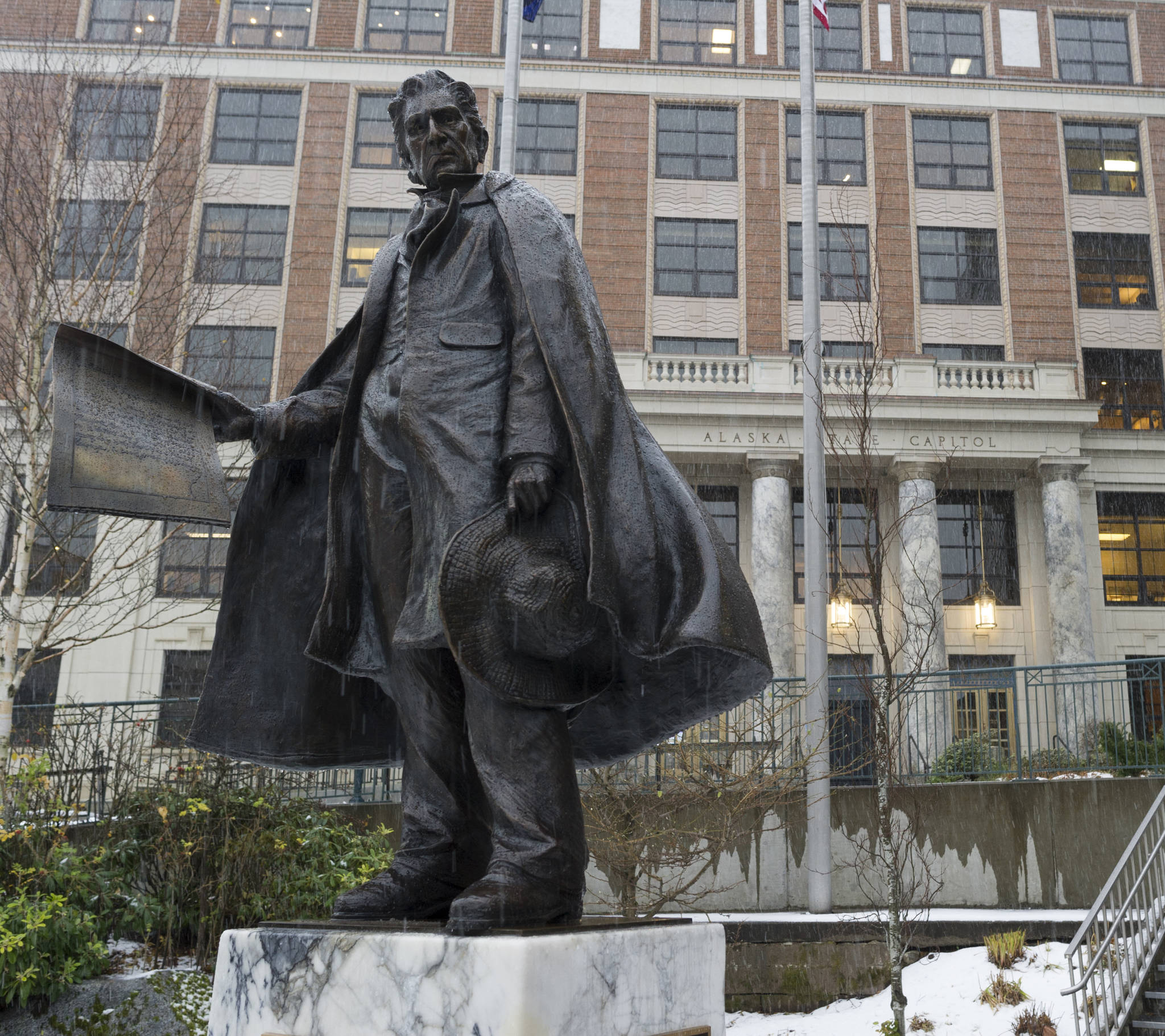One week ago, Gov. Bill Walker signed Senate Bill 54 after an extended special session.
Crafted by lawmakers in response to a statewide crime wave, SB 54 boosts some criminal penalties and partially rolls back last year’s criminal justice reform bill, Senate Bill 91.
Most of SB 54 is effective immediately. A few sections don’t kick in for a few months. One section won’t matter unless the Legislature increases a certain part of the state budget.
Here’s a simple guide to what changes under SB 54:
• First-time felonies. If someone is convicted of the lowest-level felony, named a ‘C’ felony, they can face up to two years in prison. That’s a significant change from SB 91, which limited sentences to suspended jail time. The change only affects C felonies that don’t involve sex crimes or weapons, things that can garner more prison.
Someone convicted of a second C felony also faces more jail time: Up to four years in prison instead of three, the old maximum under SB 91.
• Small-time theft. Anyone convicted of stealing something worth less than $250 can now be sentenced to as much as five days in jail. If they do it again, it’s up to 10 days. A third conviction can earn someone up to 15 days in prison, and a fourth conviction (or more) can mean 30 days behind bars.
• Felony theft. The border between felony theft and misdemeanor theft has been lowered from $1,000 to $750.
• Criminal mischief. If someone is convicted of criminal mischief (something causing property damage, for example), they will be required to perform 25 hours of community service in addition to any other punishment.
• Driving without a license. Anyone caught driving without a license must pay a fine but won’t be charged with a misdemeanor anymore. It’s just a violation.
• Violating conditions of release. If someone is accused of a crime, then let go on bail while awaiting trial, this section of SB 54 says they can be put into jail if they do something that violates their bail conditions. Under SB 91, this was a violation punishable by a fine. Now, police can put them in jail for up to five days.
• Sober release. This section of the bill says that if the Alaska court system comes up with bail procedures for misdemeanors, one of those procedures must keep arrested drunks in jail until they have a blood-alcohol level of 0.08 or less, or if someone responsible can take custody of them. That section isn’t effective until Jan. 1.
• Harming a police officer or firefighter. Anyone who harms a police officer or firefighter while committing a class A felony can be sentenced to 7-11 years in prison. The old sentencing range was 5-9 years.
• Expands ASAP. SB 54 opens the state’s Alcohol Safety Action Program to people convicted of drug offenses as well as alcohol offenses. This section only takes effect if the Legislature boosts funding for ASAP.
• Limits probation officers’ work. To keep the state’s probation officers from being overwhelmed, SB 54 caps their caseload at 75 people, something that can only be topped in “temporary and extraordinary cases.” This section takes effect July 1, 2019.
• Contact reporter James Brooks at james.k.brooks@juneauempire.com or call 523-2258.

